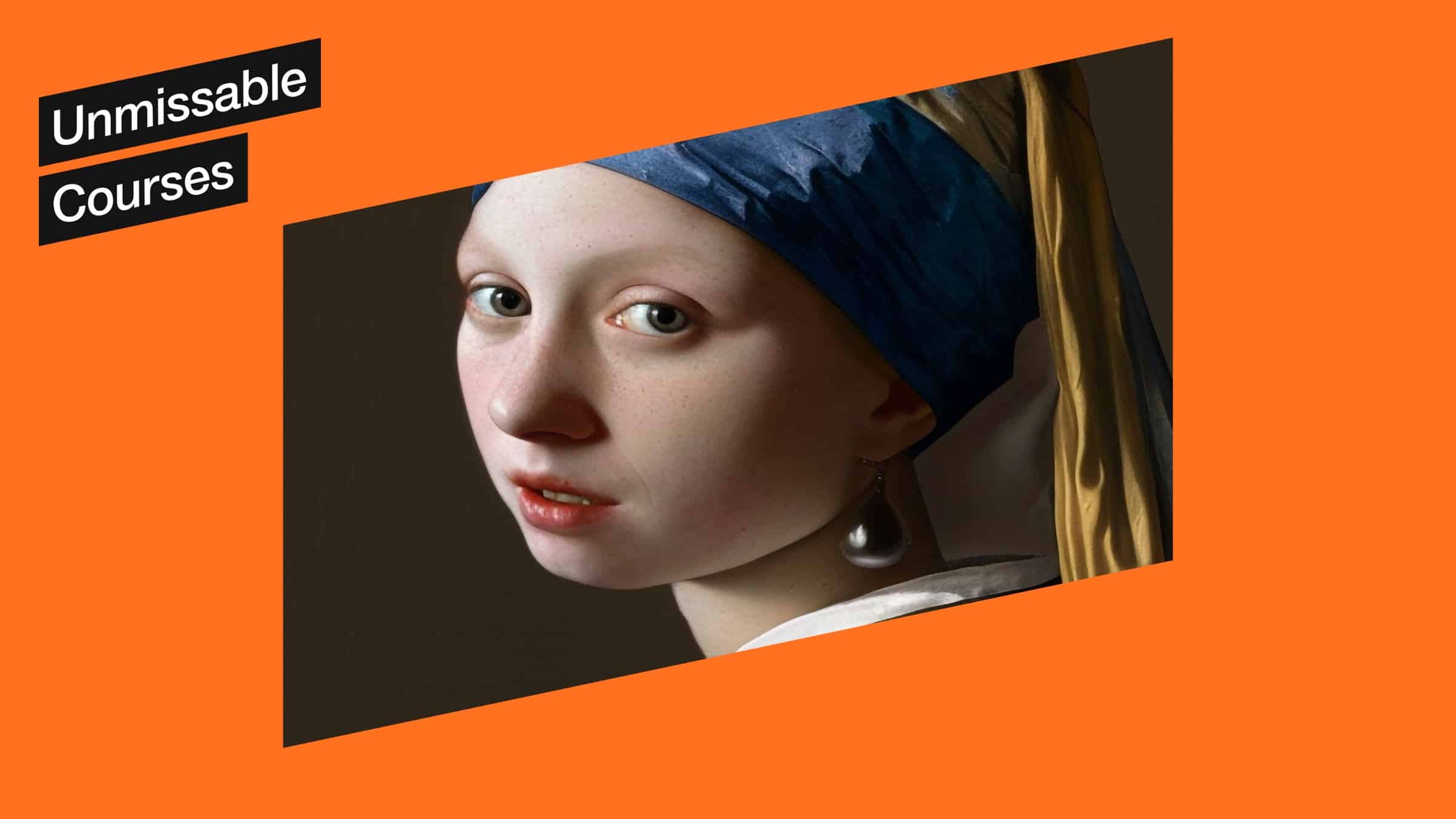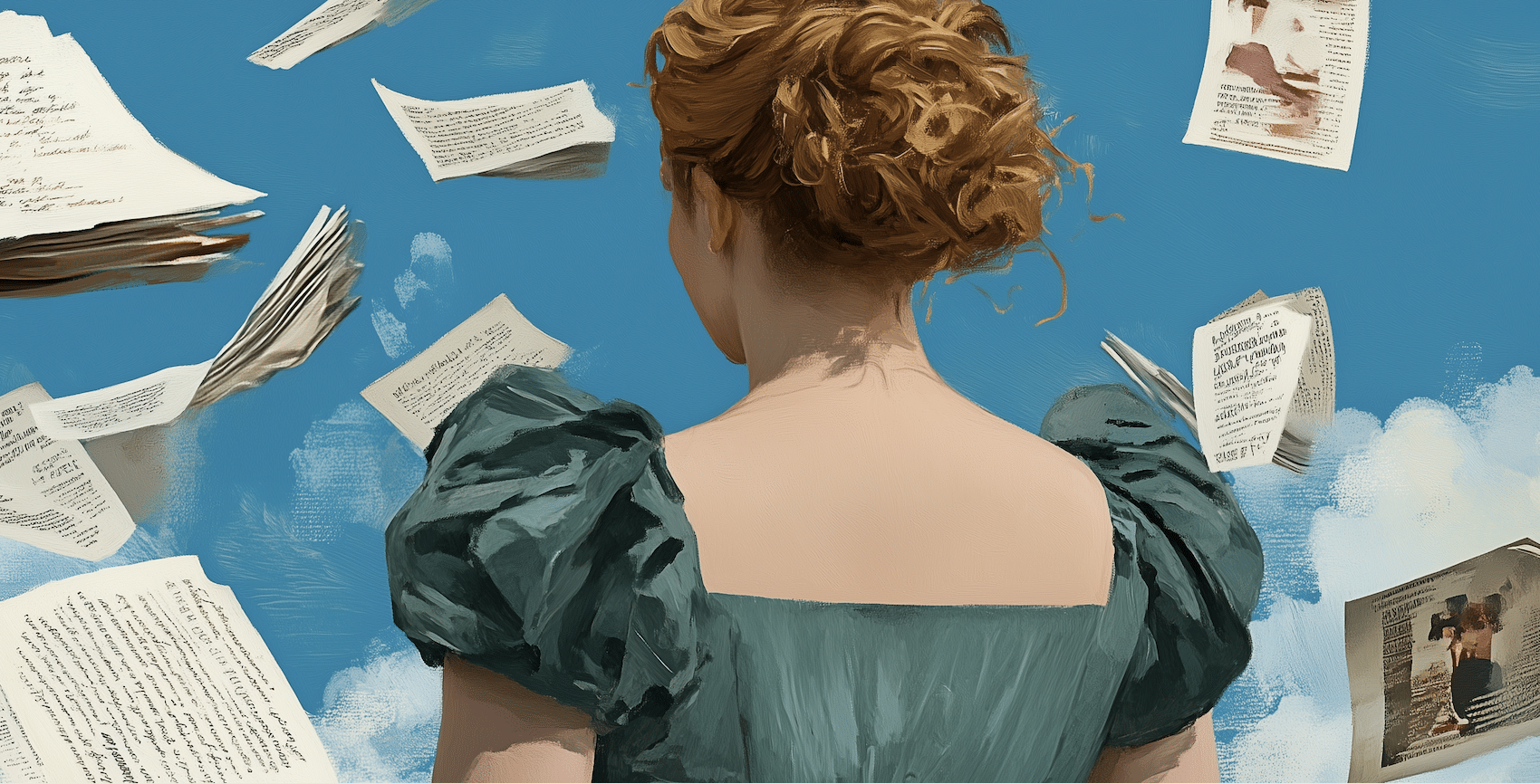
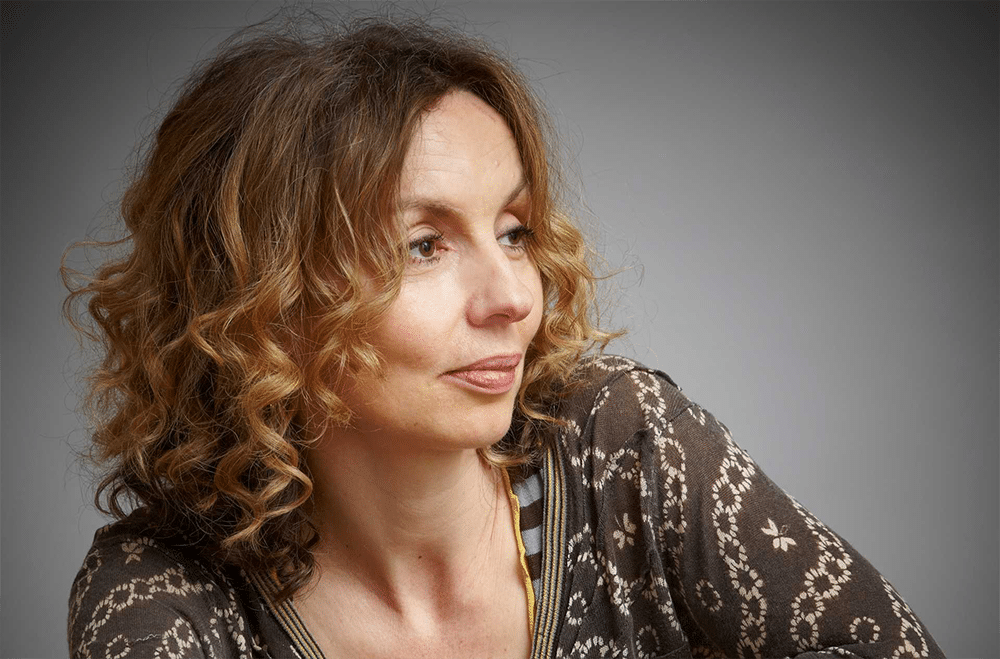
Speaker: Frances Wilson
Frances Wilson is an award-winning biographer and critic who has taught life-writing courses at The Faber Academy, Guardian Masterclasses, The British Library, The Oldie, the Cheltenham Literary Festival, Arvon writing retreats and The How to Academy. She also has twenty years experience of one-to-one mentoring.
Talent is a flame, said the philosopher Bernard Williams, and genius is a fire.
What is the difference between a writer of flame and a writer of fire? What is it like to want literary genius and have only talent, or to have literary genius and live inside aninferno?
This course will explore six novelists and poets of genius, paying close attention to their creative methods, their domestic lives, the jealousy of their contemporaries, and the impact of their achievements.
The Program:
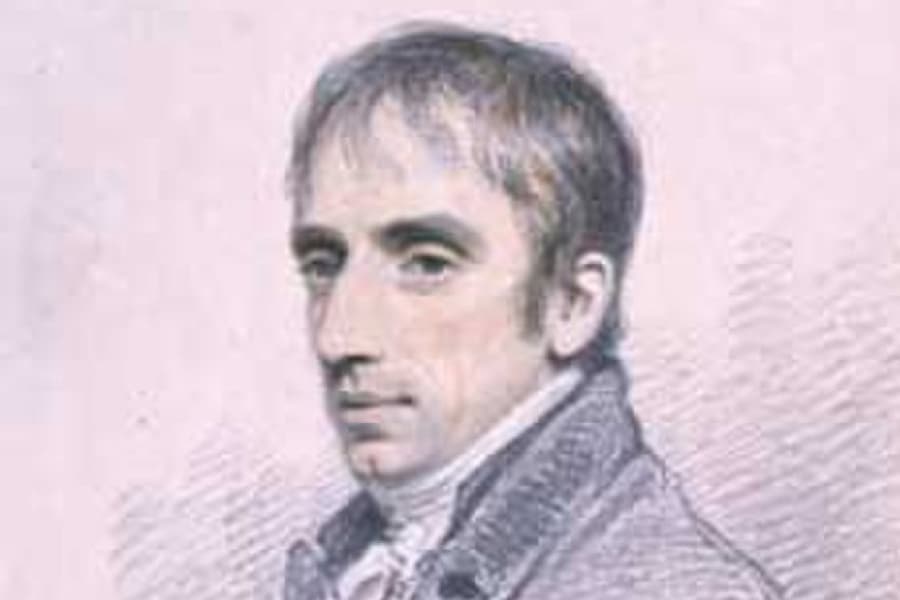
Week 1
William Wordsworth
Genius is the introduction of a new element into the intellectual universe: or, if that be not allowed, it is the application of powers to objects on which they had not before been exercised, or the employment of them in such a manner as to produce effects hitherto unknown.’ – Wordsworth
Wordsworth’s poetic genius remained dormant until, aged 25, it was ignited by Coleridge, with whom, in Lyrical Ballads, he changed the direction of English verse. Wordsworth’s genius was then confirmed in his autobiographical poem, The Prelude, whose subject was – accordingly – the growth of his genius.
He pictured himself as lonely as a cloud, but Wordsworth was in fact never alone: in order to keep his fire blazing he needed the continual support and worship of his sister Dorothy, his wife Mary, and his daughter, Dora: Wordsworth’s genius was a genuine cottage industry.
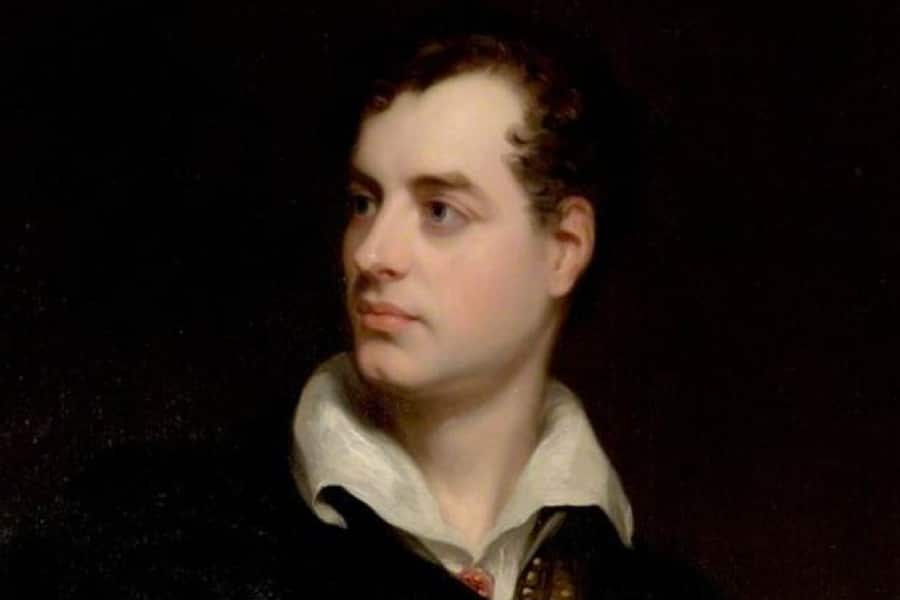
Week 2
Lord Byron
‘I really cannot know whether I am nor am not the Genius you are pleased to call me, but I am very willing to put up with the mistake, if there be one’ – Byron
The first writer to become an international celebrity, Byron began as a talented versifier pandering to public taste until the breakdown of his marriage, after which he went into exile and the fire was lit.
His genius had a savage tongue and Don Juan, the epic satirical poem he composed in Italy, is an attack on the society which had previously worshipped him. No one was spared: the prime minister, his wife, his mother, Wordsworth… It was when he was a national enemy rather than the nation’s darling that Byron became mad, bad, and dangerous to know.
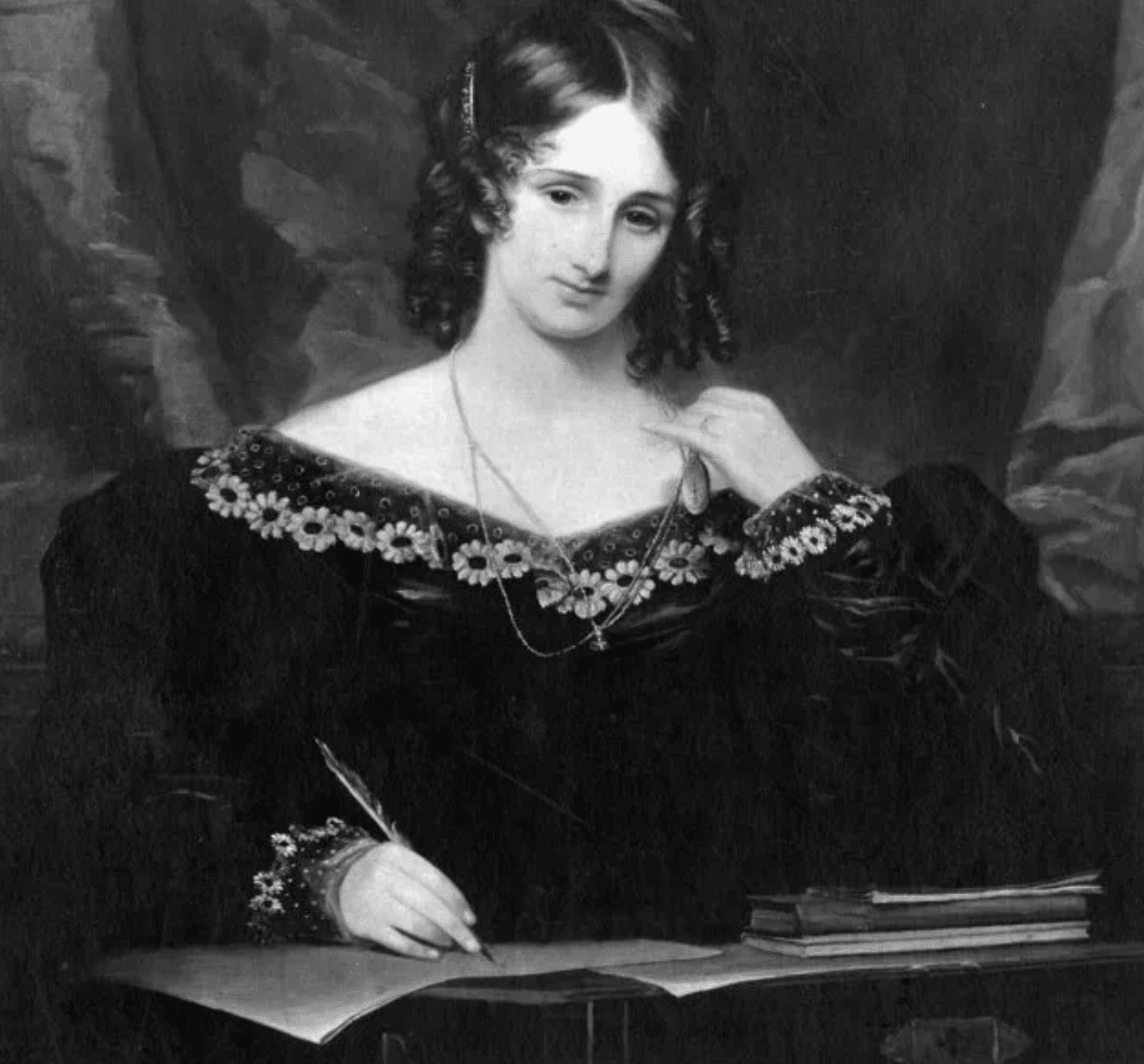
Week 3
Mary Shelley
‘Natural philosophy is the genius that has regulated my fate; I desire, therefore, in this narration, to state those facts which led to my predilection for that science.’
– Mary Shelley
Genius was in Mary Shelley’s bloodstream: her mother, Mary Wollstonecraft, and her father, William Godwin, both had genius; so too did her husband, Percy Bysshe Shelley. It was therefore imperative that Mary also prove herself a genius, but there was no suggestion, when Frankenstein was first published in 1818, that it had any merits at all. Mary Shelley’s first novel – written when she was eighteen – was seen as no more than an entertaining horror story.
It was one hundred years after her death that we began to recognise Frankenstein, whose subject is the devastating effects on a child of a parent’s genius, as the towering force it is. What is it about this badly written, hackneyed tale that makes it such an immortal work of literature? And what does it mean to have your own genius go unrecognised?
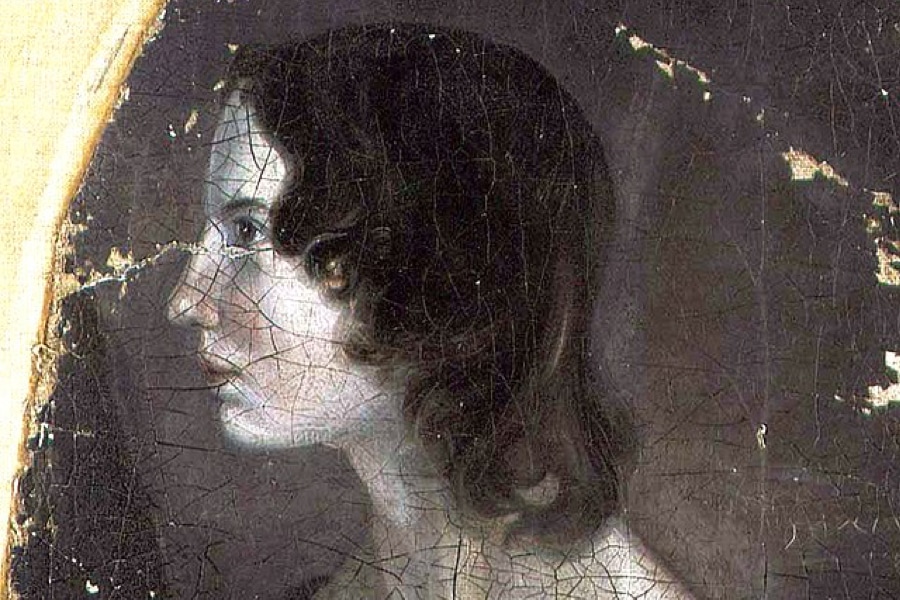
Week 4
Emily Brontë
‘Stronger than a man, simpler than a child, her nature stood alone’– Charlotte Brontë of Emily Brontë
She wrote one novel, Wuthering Heights, and a handful of verses including the hymn ‘No Coward Soul is Mine’, before dying aged thirty from tuberculosis. Emily Brontë’s genius was home-grown and self-taught: she hated being away from Haworth Parsonage and the moors, and fell to pieces when she worked as a teacher in Brussels.
It was shortly before her sister’s death, Charlotte Brontë said, that she changed shape, morphing from a young woman into a blazing force who transcended gender. Emily Brontë’s fire took the form of a preternatural, almost supernatural, energy, which had the power to awe and terrify.
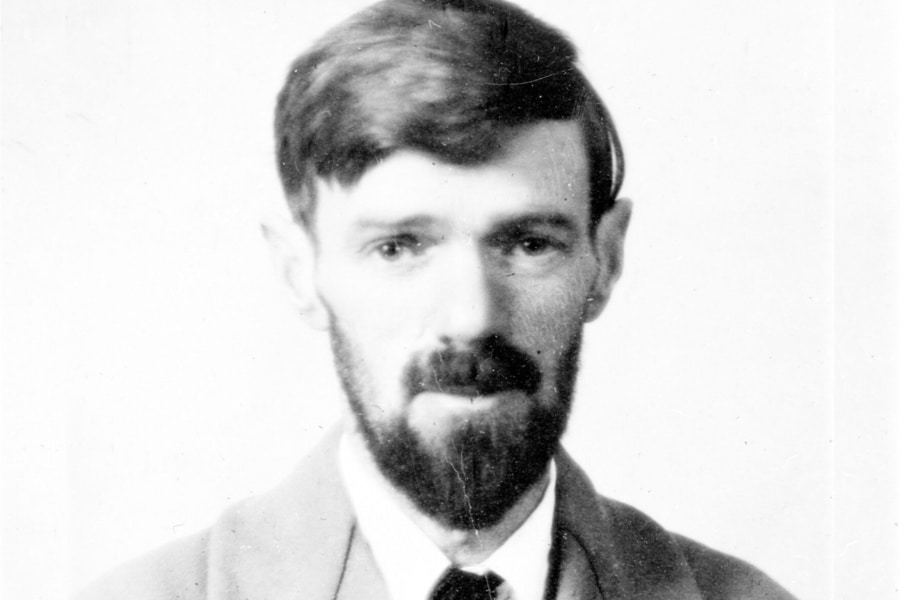
Week 5
D H Lawrence
‘One of the most important elements of success in becoming a man of genius is to learn the art of denunciation.’ – D H Lawrence
When Ford Madox Ford read Lawrence’s first novel, The White Peacock, he shouted his criticism of it into Lawrence’s ear on a bus: ‘It’s got every fault that the English novel can have’, but he added: ‘you’ve got GENIUS’. He said something similarly paradoxical about Lawrence’s second novel, The Trespasser, calling it a ‘rotten work of genius’.
When Lawrence, the son of a coal miner, was described as a genius he saw it as a sign of social condescension. The term implied, he felt, that he was an uneducated nobody who came from nowhere and that his books appeared without effort. But Lawrence was inhabited by a literal fire: he was the twentieth century’s Burning Man.
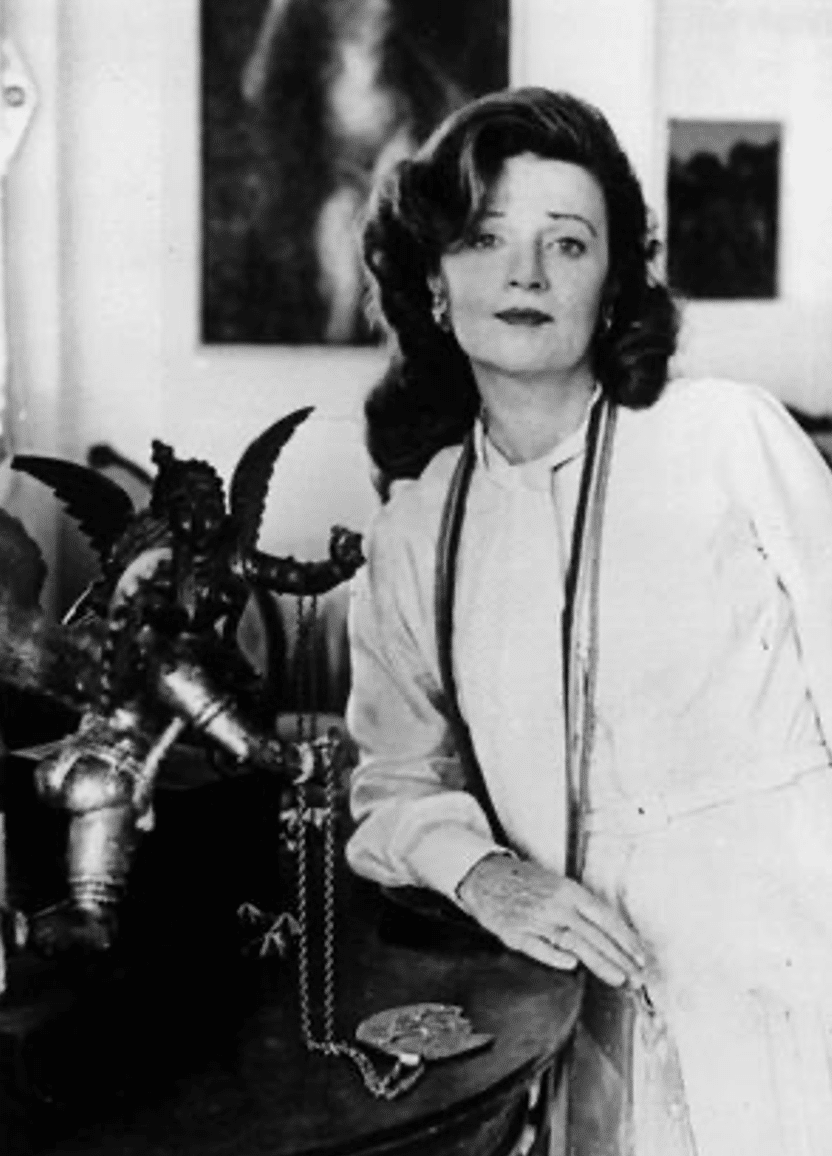
Week 6
Muriel Spark
‘Safety does not come first. Goodness, truth and beauty come first’ – The Prime of Miss Jean Brodie
The genius of Muriel Spark was first recognised by her favourite school teacher, on whom she based the immortal Miss Jean Brodie. But it wasn’t until she published her first novel, The Comforters, that Spark’s friends felt the full force of her fire, at which point their jealousy became toxic and so she left England for New York.
She saw her genius as a form of religious supernaturalism: her novels were dictated by God, who also oversaw her destiny. She was simply his amanuensis: his divine spark.
Meet Frances Wilson
Frances Wilson is a celebrated biographer and critic with extensive experience in life-writing. She has taught at prestigious institutions like The Faber Academy, The British Library, the Arvon Foundation and How To Academy. With over 20 years of mentoring experience, she has judged literary awards including The Man Booker Prize and The Goldsmiths Prize.
Her award-winning biographies include The Ballad of Dorothy Wordsworth, How to Survive the Titanic, and Burning Man: The Ascent of D.H. Lawrence.

Writers on Fire: An Introduction to Literary Genius
A seven-week masterclass led by Frances Wilson


